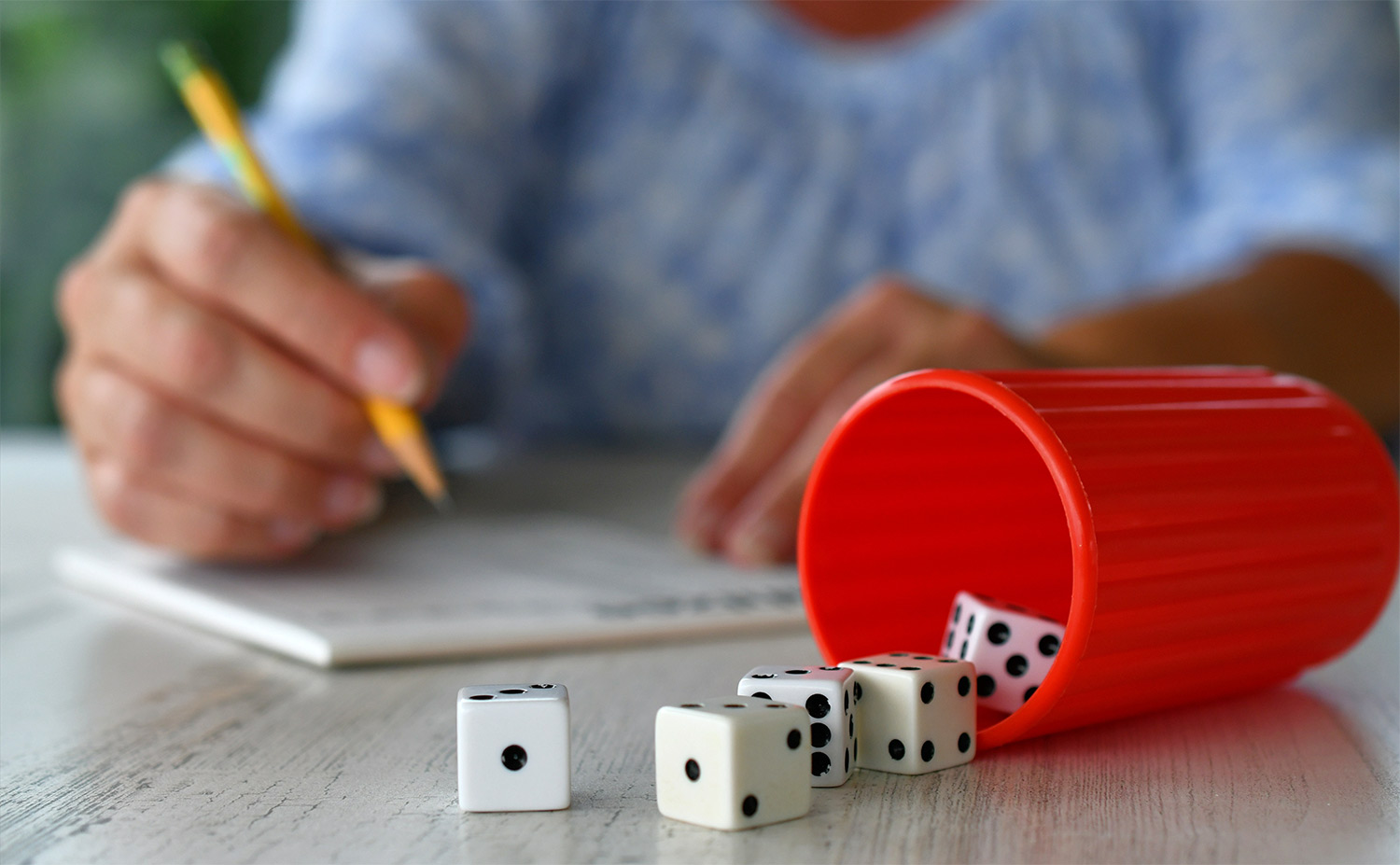

hat does it mean to homeschool boldly? To me, homeschooling boldly means I have confidence in myself and my ability to homeschool. It does not mean I’m perfect or that my homeschool is without flaws. If that were the case, nobody would ever be successful at anything! It just means hanging in there, doing my best each day, and loving, guiding, and teaching my children the best I can.
As the years went on, I started to understand the freedom that homeschooling offers and decided to take advantage of it. That definitely made my homeschool more fun and more beneficial to each of my children, and it helped me feel a sense of boldness and confidence.


hat does it mean to homeschool boldly? To me, homeschooling boldly means I have confidence in myself and my ability to homeschool. It does not mean I’m perfect or that my homeschool is without flaws. If that were the case, nobody would ever be successful at anything! It just means hanging in there, doing my best each day, and loving, guiding, and teaching my children the best I can.
As the years went on, I started to understand the freedom that homeschooling offers and decided to take advantage of it. That definitely made my homeschool more fun and more beneficial to each of my children, and it helped me feel a sense of boldness and confidence.
Before we talk about how to incorporate fun and games, though, you might be wondering why you should bother. Isn’t it just a waste of time? You’ll be glad to know that the answer is no. Playing games together helps build strong, positive relationships, which makes living and learning together more fun and more productive.
- Research shows that we remember more of what we learn when we’re having fun.
- Playing games helps teach our children skills such as sharing, taking turns, communicating, listening, being creative, and even handling wins and losses well.
- Games can be an effective way to introduce new concepts or review those your children have already learned in a fun way.

Below I’ve shared some games and activities that don’t require any equipment at all, as well as some that require basic materials you probably already have around the house. Some are related to specific subjects, and others are more general. Hopefully you’ll find ideas that will work for your family—or that will inspire some of your own ideas to add fun to your homeschool.
- Play a storytelling game. Have one person begin the story by saying one sentence. The next person adds a single sentence. The following person adds another sentence, and so on. This one can be super fun because you never know what the others will say before your turn comes around again, so you have to be flexible and creative. If you like, you can have an older child or teen write down the story as you tell it.
- Make up, or look online for, songs to help learn math facts, geography names, English grammar rules, or any information that feels dry and boring. You’ll be surprised how much fun it can be to sing grammar rules.
- If singing songs to learn facts isn’t your thing, try tossing a ball back and forth while recalling math facts or grammar rules. You can even write information on a large, solid-colored ball and have your children call out the facts their right hand is touching when they catch the ball. We used a large beach ball and wrote numbers 1 through 9, for example, and my children called out the multiplication facts for the number as we continued to toss the ball.
- My family and I used to love playing the word game “Categories” as we worked together shelling peas or shucking corn in the summer! It was pretty simple. One person chose a category, like vegetables. As we went around the circle, the first person had to name a vegetable that started with the letter a. The next person had to name one that started with the letter b, and so on. If someone hesitated when it was their turn, that person was out. We kept going until there was a winner. (Try this with fruits, vegetables, animals, colors, names, and so on.)
- Another of my favorite memories is of playing a states and capitals game during dinner. One of my parents named a state, and my sister and I competed to see which of us could name the capital first. You could also let your children take turns answering. If you have an only child, have your homeschooler compete against Mom or Dad.
- If you want to add some fun to spelling, have your children use finger paint, sand, or shaving cream to write or trace each word. Or, if it’s warm and sunny where you live, give them a paint brush and a bucket of water and have them “paint” the spelling words on the concrete driveway and watch them evaporate!
- To practice reading, try taking turns reading every other page. Even something quite simple, such as taking turns reading, can add some variety and enjoyment to your day.
- There are lots of ways to include entertaining and easy math activities. Set up a pretend store and use real coins to practice making purchases and finding different ways to use various coins to pay for a certain item. Or practice addition or multiplication facts by rolling dice and adding or multiplying the numbers you just rolled. Or simply use fun manipulatives, like Legos, candies, or even rocks, to help your children enjoy math a little more!
- Gardening is not only educational, but it’s also great exercise and may get your children interested in trying new foods. Incorporate some geography by growing something typically grown in another country and studying about that country. Or grow corn, beans, or flowers, and do a unit study on that plant. If “real” gardening isn’t an option, scale it down to something more doable. Research how to grow a seed in a zip-top bag, for example. It really works!
- Virtual field trips, or real-life field trips if possible, are wonderful for studying geography.
- On occasion, you may try including treats like small pieces of candy into your schoolwork, because eating candy is definitely fun! For example, on geography test day, you can have your child pick up a small piece of candy from a location or landmark on a map and name that location or landmark. If the answer is correct, the child gets to eat the candy. (I suggest limiting this to rare occasions, but I’m all for making test day more fun and motivational when possible.)
These are just a few ways to add fun and games to your homeschool, help make your homeschool more fun, and help you develop boldness as a homeschooling parent. You can see from my examples that you don’t have to spend lots of money, buy fancy or expensive equipment, or even take lots of time to add more fun to your homeschool. Just start small, enjoy yourselves, and keep going. Before you know it, you and your children will be laughing, playing, and having a great time learning together.
